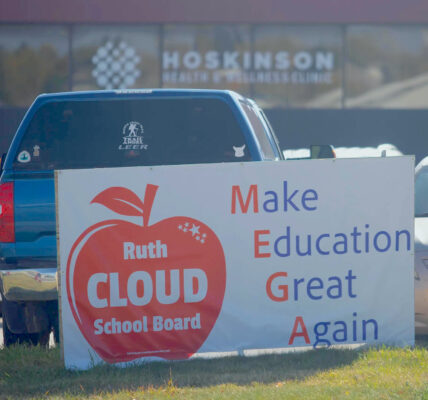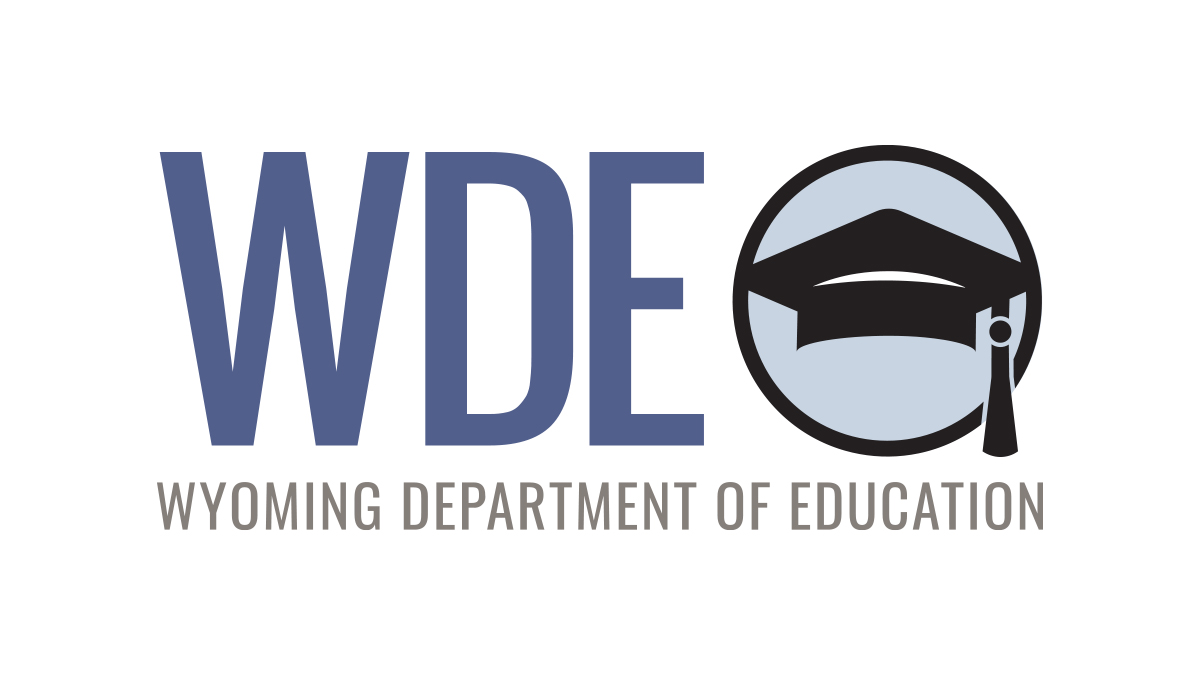◆ CARES Act funds to continue to be distributed.
By Allayana Darrow
The Sheridan Press
Via- Wyoming News Exchange

SHERIDAN — A bill to create a relief program for businesses with 100 employees or more passed through the Wyoming Legislature Joint Minerals, Business and Economic Development Committee Tuesday.
Rep. Donald Burkhart, R-Rawlins, said the program would support large companies that continued to fuel the economy and retain employees despite the economic crisis but did not benefit from aid programs directed at small businesses. He estimated about 30 Wyoming companies, which employ several thousand residents, would qualify.
“The relief does not provide dollar for dollar replacement for expenditures of companies…it just helps them with it,” Burkhart said.
Sen. Chris Rothfuss, D-Laramie, raised concerns about providing funding to companies which may show a relative loss in 2020 compared to 2019 but still turned a profit through the spring.
Monetary distribution to larger corporations rather than small businesses opens the door to higher potential for exploiting program loopholes, Rothfuss said.
“Some of these companies are subject to — more subject to the value of the commodity market than to anything else, so you could have a high profit year followed by a very low profit year that leads to us spending $1.5 million that goes directly in 10 cash payments to shareholders,” Rothfuss said. “I don’t think that’s the intent; the intent is, again, to make sure our workers are made whole, but I’m concerned with that being a viable scenario.”
Legislative counsel Brian Fuller said per bill language, businesses would be required to show a significant impact to production losses directly related to the public health crisis to qualify.
In the bill, eligibility is defined as a business established on or before the date of closure orders in response to the coronavirus pandemic, publicly or privately owned with central operations in Wyoming and one that employed 100 or more people as of March 31.
Required closure is defined as an “interruption or curtailment of a business’s normal business as a result of any closures or public health orders or as a result of the public health crisis with respect to COVID-19.”
Eligible businesses may apply for a stipend — awarded using state-appropriated Coronavirus Aid, Relief and Economic Security Act funding — provided they can prove an actual loss of sales, revenues or production more than 25% compared to the previous year.
The stipend covers payroll, business supplies, equipment and rent and mortgage payments — the Legislature can’t address internal operations through a bill, Burkhart said.
Per the proposed relief program, the distribution amount is equal to actual losses in April, May and June, up to $1.5 million. The Wyoming Business Council would interpret language and rulemaking as to how companies would prove their pandemic-related losses, Fuller said.
Stipend recipients would be required to submit a report by Dec. 30 illustrating how funds were expended. If misused, funds would be repaid at a 2% interest rate.
Sen. Bo Biteman, R-Ranchester, encouraged the committee not to lose sight of a critical factor: Through no fault of business strategy, many large businesses lost revenue and profit due to required closures and public health orders.
“This [bill] is just to make them whole for what we’ve done to them — we being the government…based on these interruptions and closures,” Biteman said.
Jody Levin testified to the committee on behalf of the trona industry, as one of the largest employers in the state hit hard by the pandemic due to a decrease in demand and other state closures.
Trona producer Solvay released its 2020 first half results Wednesday, which reflected an 18% decline in year over year net sales and 65.7% loss attributable to shareholders companywide. Soda ash specifically saw a 16.6% decline in sales.
“Headwinds” from the aerospace, automotive, oil and gas and construction sectors impacted demand volume since April — partly offset by health care, food, home, personal care and electronics demand, according to the 2020 first half report.
One section of the proposed bill — language later struck in a motion by Biteman and passed 7-6 — required eligible companies to maintain 90% of their payroll until March 31, 2023.
“With current market conditions and the market uncertainty, I don’t know that any of the trona producers would take the funds because of this standard,” Levin said.
While recognizing the goal of rewarding companies who keep a full staff, with production down 41% since December, Levin said such a high standard is tough to meet. Some trona companies furloughed employees, others shortened hours and some turned to “creative scheduling” to rotate hours but keep people working, she said.
Adam Suess, on behalf of Sinclair Oil Corporation, supported the bill as the next in a line of a positive trend in distributing state and federal stimulus money into the economy urgently as industries begin to rebound.
The liquid fuels market is still down from pre-pandemic numbers — gasoline bounced back somewhat but diesel still hovers around 70%. Production at refineries is substantially down but Sinclair continues to invest capital in operations as a “bet on the future” and durability of the company, Suess said.
By national standards, Sinclair is considered a small company but in Wyoming, the large corporation falls into a gap in stimulus support like many other mid-size organizations, he said.
Biteman’s amendment to delete the section requiring 90% payroll passed narrowly, as he argued three years is “an eternity” in the energy industry and such a threshold would seemingly reward companies already on solid financial ground while potentially turning away large businesses hurting the most.
Burkhart said the idea behind the threshold was to keep businesses located in Wyoming and employing people instead of accepting stimulus, packing up their operation and leaving.
The bill passed 12-1 with Biteman’s amendment, with Rothfuss the only nay vote, and is headed toward the next general session of the Legislature for debate on the floor.





